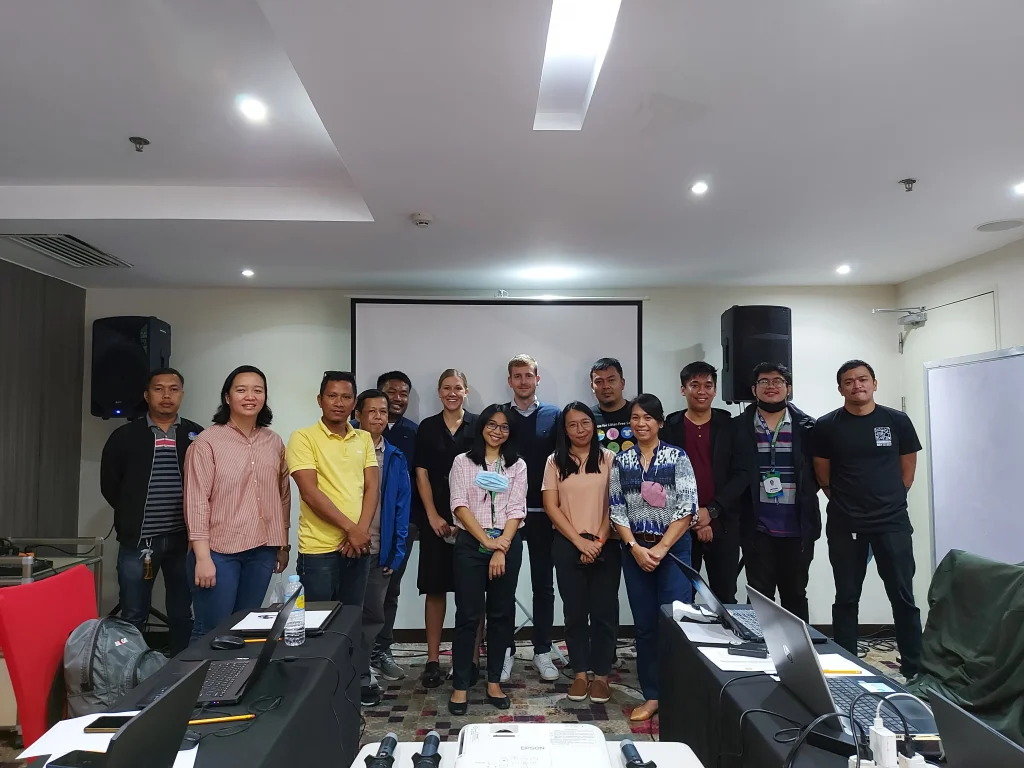
Quezon City, Philippines – The Biodiversity Management Bureau (BMB) and the Deutsche Gesellschaft für Internationale Zusammenarbeit GmbH (GIZ) Indonesia co-organized the Geographic Information System (GIS) Training for Peatland Mapping in the Philippines on 3-4 November 2022 to capacitate the relevant technical staff of the Department of Environment and Natural Resources (DENR) in developing and producing maps of probable peatlands in the country. It was attended by the representatives from the BMB, Ecosystems Research and Development Bureau (ERDB), and DENR Regional Offices 8 and 13.
Peatlands are important but fragile ecosystems as they play a significant role in carbon storage and climate regulation if they remain wet. In the Philippines, the initiatives for the conservation and sustainable management of our peatlands started only in 2005 when it was learned that this special type of wetland exists in the country. At present, peatlands in the Philippines are estimated to cover about 20,000 hectares. However, not all of these peatlands have been assessed and validated. Locating, mapping, and knowing the extent of peatlands had been a challenge for the country because it is time consuming, expensive and requires highly technical knowledge on peatlands and peatland management. With the extended support of the Regional Programme on Sustainable Use of Peatland and Haze Mitigation in ASEAN (SUPA) Component 1 to the Philippines, it is expected that these challenges can be overcome and the identification and assessment of peatlands can be completed.
The SUPA Component 1 is a regional programme of the ASEAN co-financed by the German Federal Ministry for the Environment, Nature Conservation and Nuclear Safety (BMU) and European Union (EU) and is being implemented by GIZ Indonesia. The Programme aims to reduce emissions from deforestation and degradation of peatlands and mitigate the adverse impacts of climate change, manage risk of wild fires and reduce transboundary haze as well as conserve and enhance biodiversity of peatlands. Its implementation is structured into three work areas: (1) Strengthening regional cooperation by strengthening ASEAN, (2) Specific support to AMS for the implementation of ASEAN Peatland Management Strategy (APMS) and National Action Plan (NAPPs), and (3) Generating pilot experiences from Indonesia and Malaysia.
For the Philippines, the BMB will lead the implementation of the country project entitled, “Ensuring Sustainable Benefits from Peatland through Protection and Wise Use (ESBenePeat)” under the Work Area 2 of SUPA Component 1.



